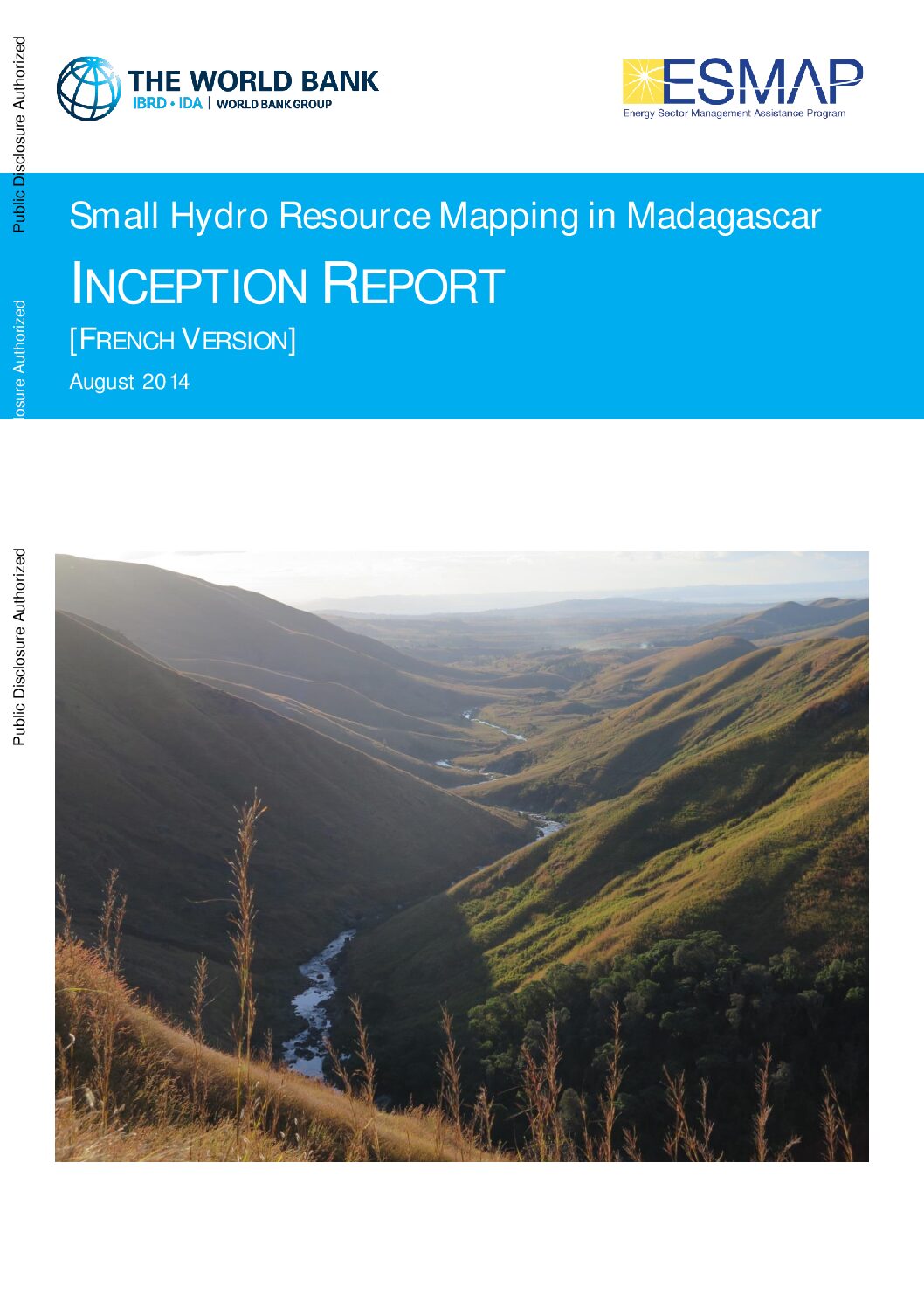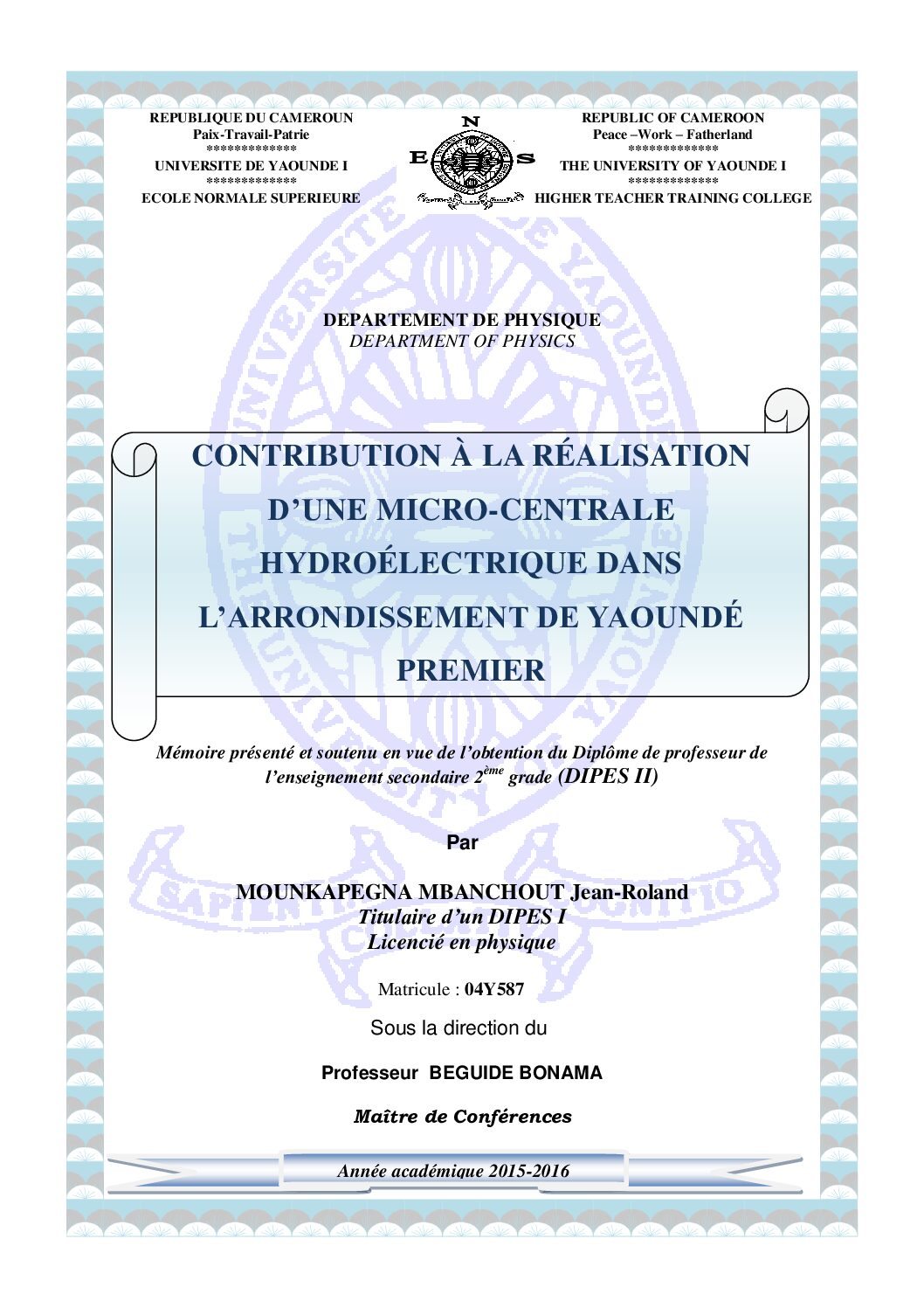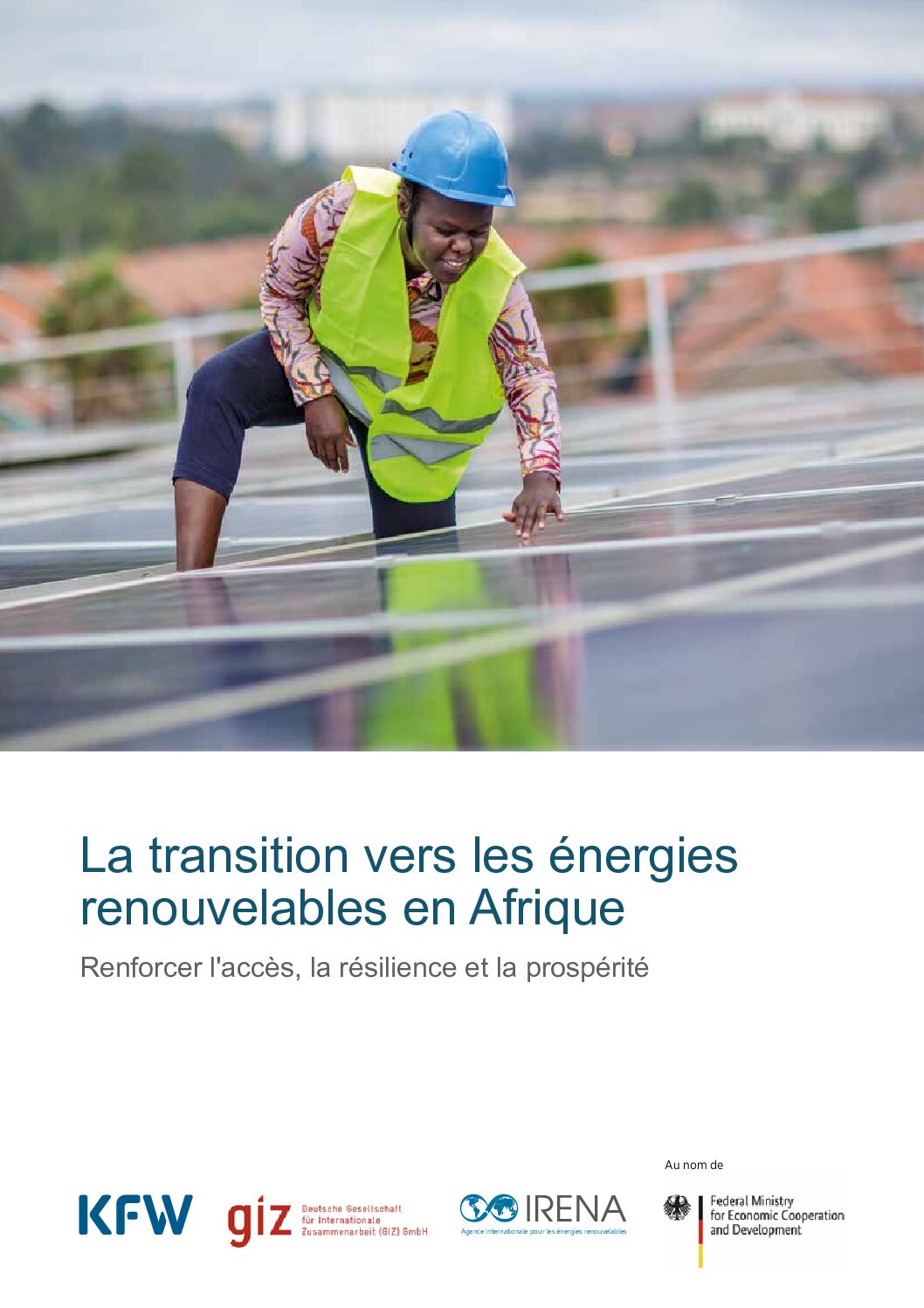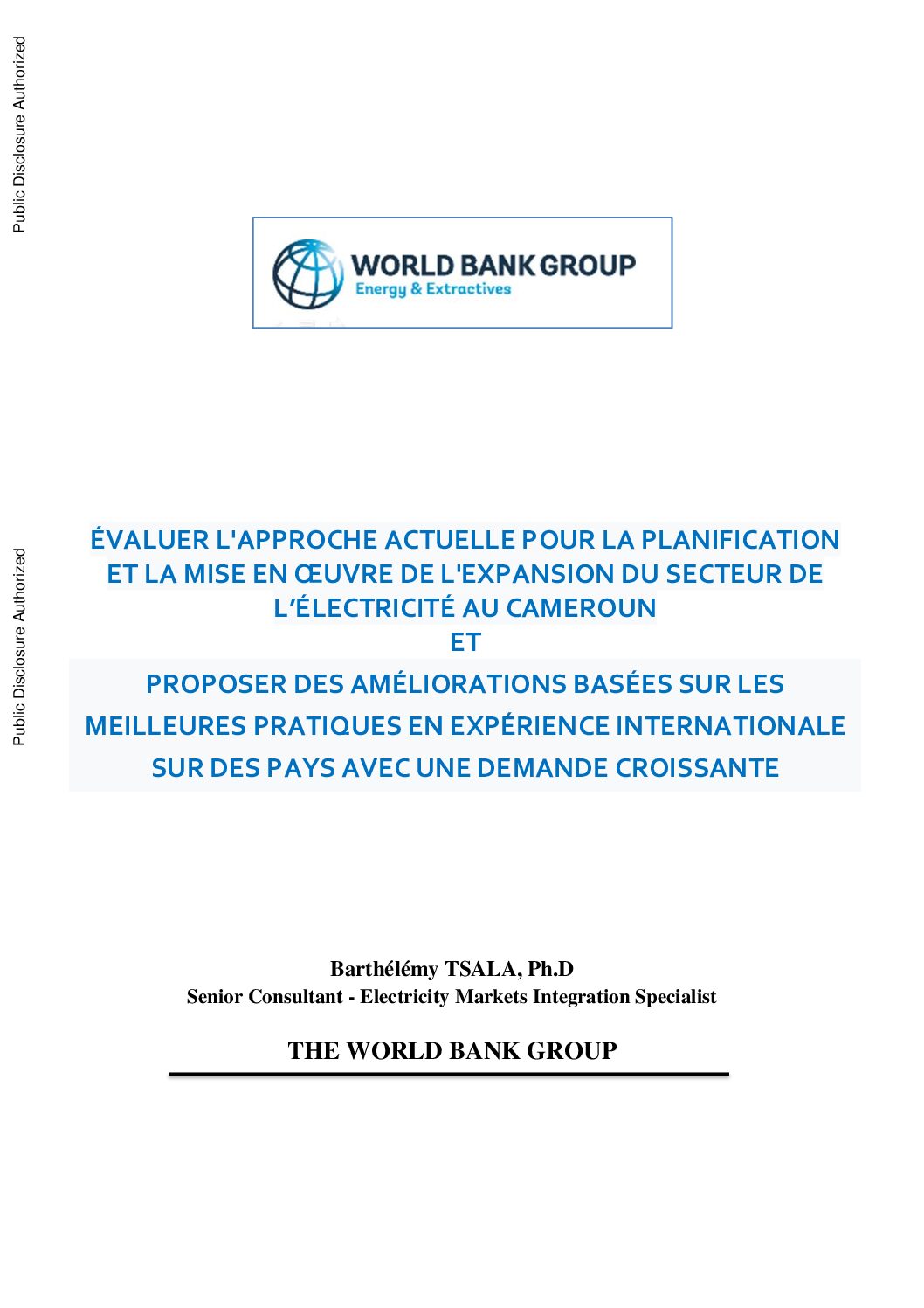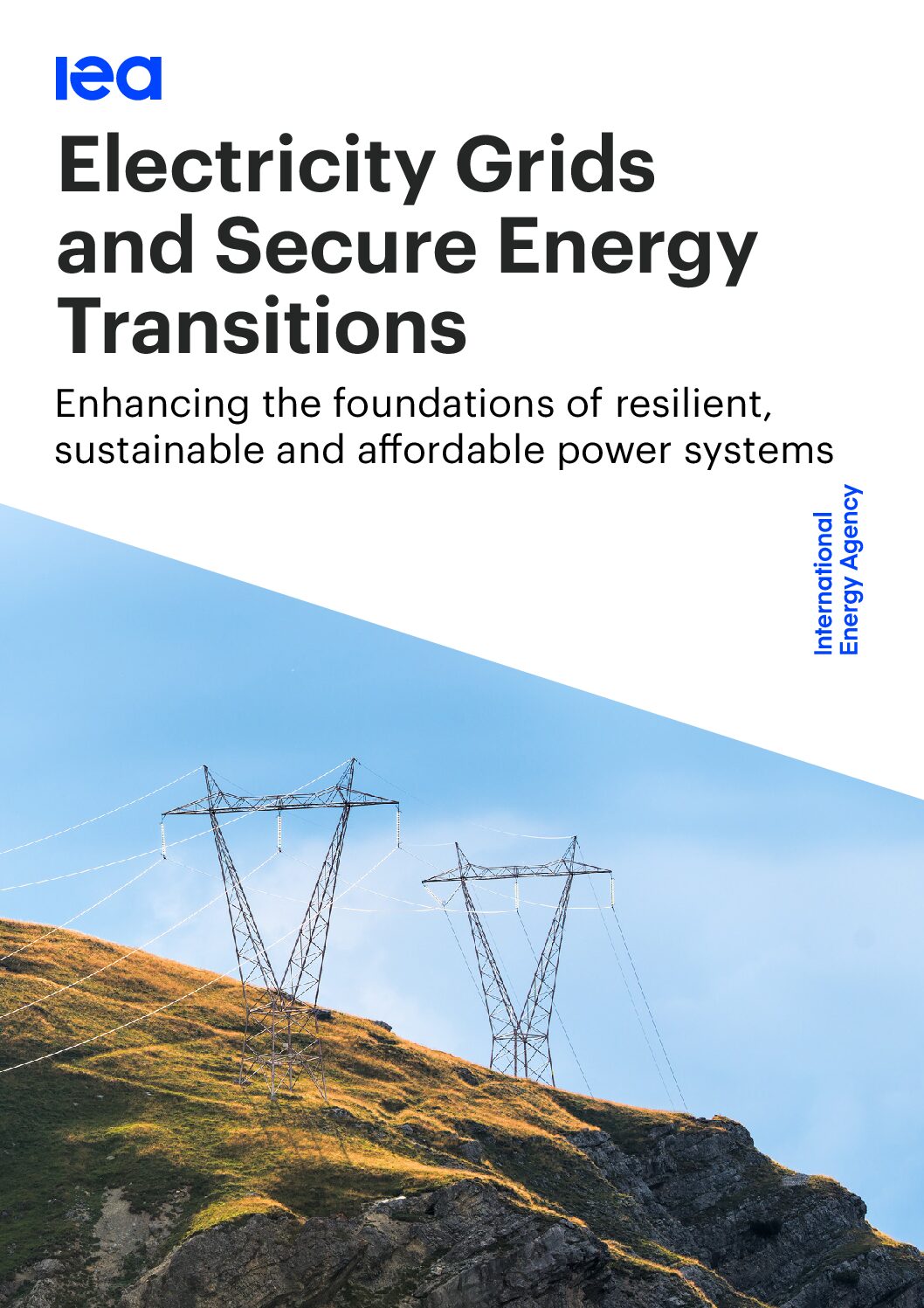This report describes the context and potential for hydropower development in Madagascar.
This report provides an extensive overview of the hydropower sector in Cameroon, including technologies, project management, and socio-economic and environmental context, and offers an assessment of the feasibility of a specific micro-hydro project in Yaoundé.
This study shows how the transformation of Africa’s energy sector can be achieved, and what the prospects and challenges are for the next 30 years.
This report presents an assessment of the current approach to planning and implementing power sector expansion in Cameroon, and proposing improvements based on best practice from the international experience of jurisdictions with growing demand.
This report takes stock of the status of electricity grids around the world and examines the upgrades required to physical infrastructure and grid planning to facilitate the energy transition.
This report examines the critical role of modeling for transmission planning for energy transitions.
This report challenges the prevailing narrative that green hydrogen is primarily a product for export from renewable-rich and industry-poor countries; rather, it underscores green hydrogen’s potential as a catalyst for sustainable development within developing countries that can contribute to economic growth, environmental sustainability and social progress.
This report focuses on how green hydrogen and fuel cell technologies could be initially rolled out in developing countries by presenting a series of applications that could be initially deployed in some locations and later scaled up.
This report looks at the mineral demand for a net-zero emissions energy system, focusing on seven critical minerals and discussing the role of technological choices, circular economy strategies, and responsible mining in reducing the environmental impact of the transition.
This report investigates the potential to develop circular supply chains for EV batteries.

